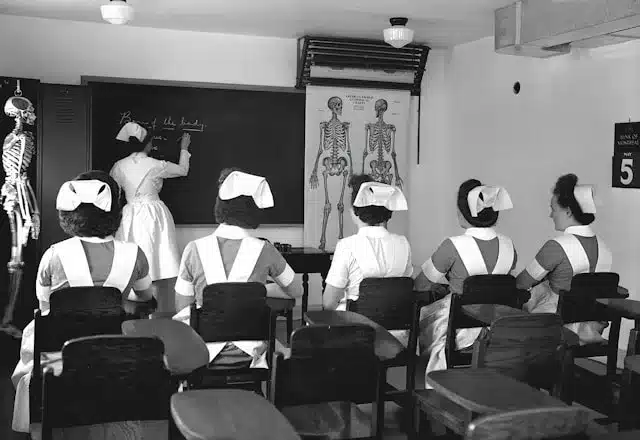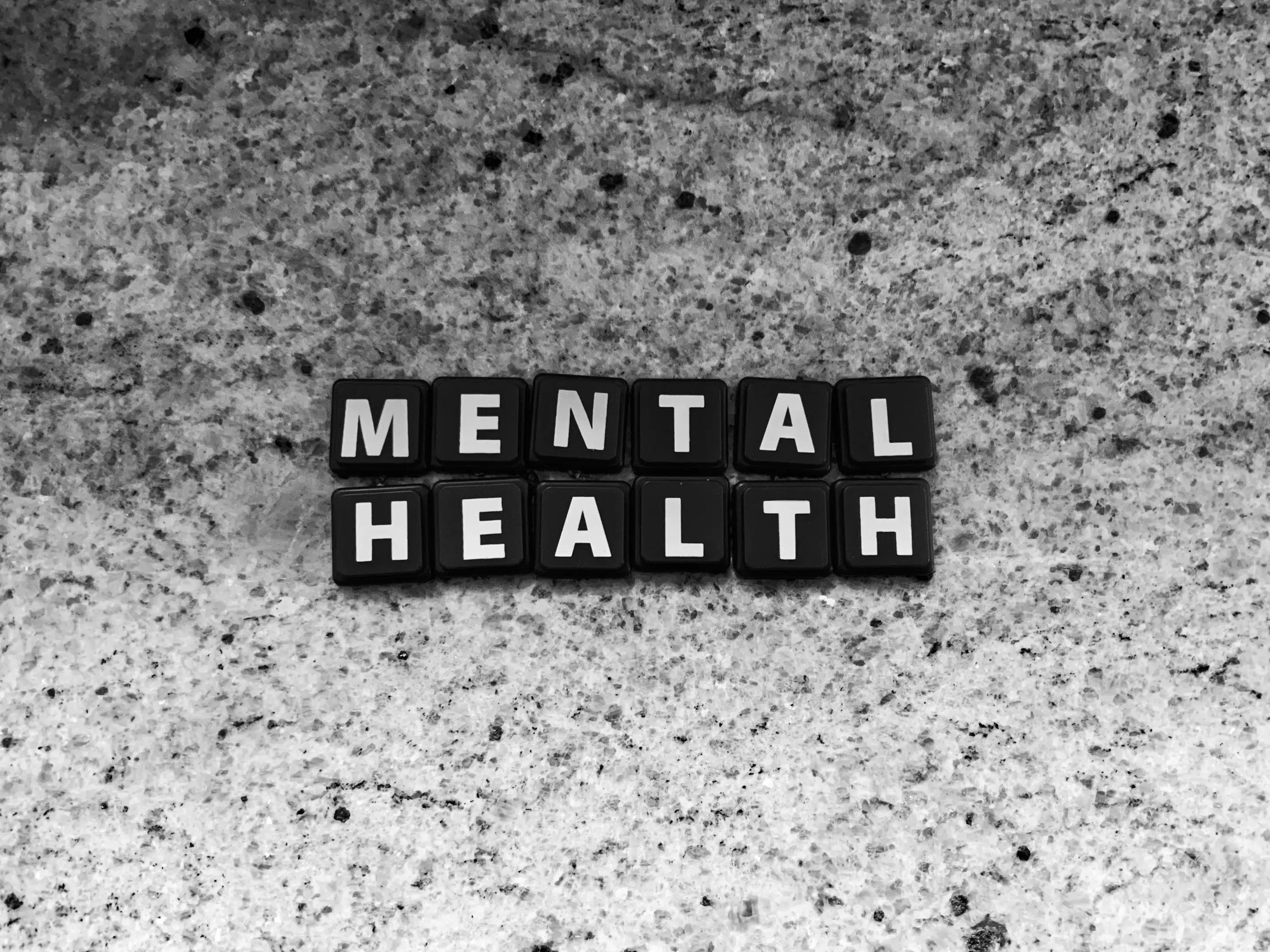Are you considering a career in psychiatric mental health nursing? This rewarding path not only allows you to make a real difference in people’s lives but also offers long-term career growth and personal fulfillment. Learn what it takes to prepare for this impactful healthcare role, from education and licensure to hands-on training and essential soft skills.

The rewards for a successful pursuit of a career in psychiatric mental health nursing far outweigh the struggles of preparing for the career. However, that’s not to say that becoming a successful psychiatric mental health nurse practitioner (PMHNP) is an easy pursuit.
You need to go through several years of education and training, not to mention the interpersonal skills you must develop by the time you start practicing. Below, we’ll look at some of the most effective ways you can prepare for a career in psychiatric mental health nursing if you were to get anywhere near success.
Get the Right Education

There are different educational routes you can take to achieve a successful career in mental health nursing, depending on the high school grades you scored. It could also depend on the point in life when you realized you needed to pursue a career in mental health, and this could be after you’ve done a first Bachelor’s degree in something unrelated to medicine. The lowest degree level you would require to start working as a mental health nurse is an associate degree.
With a two-year associate degree and additional training, you could get a direct ticket to a BSN degree and get hired as a mental health nurse in some facilities. This path is commonly taken by students who didn’t directly qualify for a Bachelor of Science in Nursing or pursued other degrees before switching to nursing.
To fine-tune your education, you can pursue a Master’s degree, followed by a post-master’s degree. You can choose to pursue a post masters psychiatric nurse practitioner online degree to align with your busy schedule.
In addition to formal education, consider enrolling in psychiatric-specific certification courses to strengthen your foundational knowledge. Online platforms, continuing education units (CEUs), and even free seminars from accredited organizations can provide valuable updates on the latest practices in mental health care.
Get Enough Training and Experience

Once you’ve gained satisfactory educational requirements, it’s time to get trained and build your hands-on experience. A significant portion of the training is earned when pursuing the various degrees through nursing programs, like practical labs that expose students to hands-on experience while still in school.
You may also consider on-site internships and job shadowing opportunities to acquaint yourself with the daily experiences in a healthcare setting. These training environments offer insight into patient behavior, psychiatric medications, and intervention strategies for mental health crises.
Many students volunteer at mental health clinics, rehabilitation centers, or crisis hotlines to gain firsthand exposure. These opportunities not only build your clinical skills but also help solidify your commitment to the mental health field.
Working under the guidance of experienced psychiatric professionals can also provide mentorship, helping you apply textbook knowledge to real-life scenarios. These experiences are crucial in building confidence and competence as you transition into a clinical setting.
Get a Registered Nurse (RN) License

Even with the highest education qualifications, you still need an RN license to practice as a PMHNP. To be cleared as eligible for the nursing licensure, the state nursing regulatory board will ensure you’ve passed the National Council Licensure Examination (NCLEX). Passing the exams indicates your ability to think more critically and make the right decisions, besides earning you a nursing license.
After obtaining your RN license, gaining board certification in psychiatric mental health nursing can enhance your credibility. Certification is offered by organizations such as the American Nurses Credentialing Center (ANCC) and adds value to your resume, particularly when applying for specialized roles.
You should also stay up to date with state-specific licensure requirements, especially if you plan on practicing in a different region. Renewal periods and continuing education expectations may vary, and staying informed ensures that your license remains valid throughout your career.
Work on Your Professional Skills

Education, training, and licenses get you the mental health job you dreamed of, but professional skills keep you there for a long time. Sharpening your professional skills is as important as gaining the qualifications that brought you to the role.
You can work on your communication skills if you struggle with starting and maintaining good conversations. This includes learning to ask open-ended questions, listening actively, and showing nonverbal cues like empathy through body language.
Besides communication, you may want to perfect other professional skills like observation, technical, empathy, and problem-solving skills. These skills help you come up with timely solutions for different situations in your line of duty, ensuring your patients receive the best care under you.
A successful PMHNP is also emotionally resilient and mentally adaptable. Working in psychiatric settings can be intense—burnout and compassion fatigue are common challenges in this field. Developing strategies for self-care and emotional regulation can ensure you maintain your well-being while caring for others.
Helpful Tip for Aspiring PMHNPs
Start building your psychiatric nursing foundation early by gaining experience in mental health settings as an RN. Seek out mentors, and explore PMHNP programs that align with your long-term goals and licensure requirements.
KEY TAKEAWAYS
-
Becoming a PMHNP requires both a solid RN background and advanced psychiatric nursing education.
-
Clinical experience in mental health is essential for building the skills and confidence to thrive in this role.
-
Licensure, certification, and understanding scope of practice laws vary by state—research thoroughly.
-
PMHNPs have diverse opportunities in private practice, telehealth, hospitals, and community settings.
Stay Current With Industry Trends

Mental health care is constantly evolving. New therapies, medications, and research findings emerge regularly. Subscribing to psychiatric journals, attending medical conferences, or joining professional nursing associations like the American Psychiatric Nurses Association (APNA) can help you stay updated.
Additionally, networking within professional circles can open doors to career advancement, job opportunities, and mentorship. Being active in online forums or local events helps you build relationships with peers and leaders in the field.
Explore Career Paths and Work Settings

Psychiatric mental health nurses have a wide array of settings they can work in—psychiatric hospitals, outpatient clinics, correctional facilities, schools, community health centers, or even private practice. By exploring different work environments early on, you can find where your skills and interests align best.
If you’re drawn to working with specific populations—such as adolescents, veterans, or those with substance use disorders—there are niche areas within psychiatric nursing that cater to these groups. Knowing your options will help you tailor your education and career steps accordingly.
Final Thoughts
Becoming a successful PMHNP isn’t just about the monetary benefits it comes with, but more about seeing the smiles on your patients’ faces after every successful treatment. Knowing that your sacrifices will touch lives in a great way is enough motivation to push you in preparing effectively for a lifetime of transforming lives.
Use the above tips to prepare effectively for a successful career ahead. With the right mindset, education, and persistence, you can build a career that not only fulfills your professional goals but also contributes meaningfully to the mental well-being of countless individuals.

